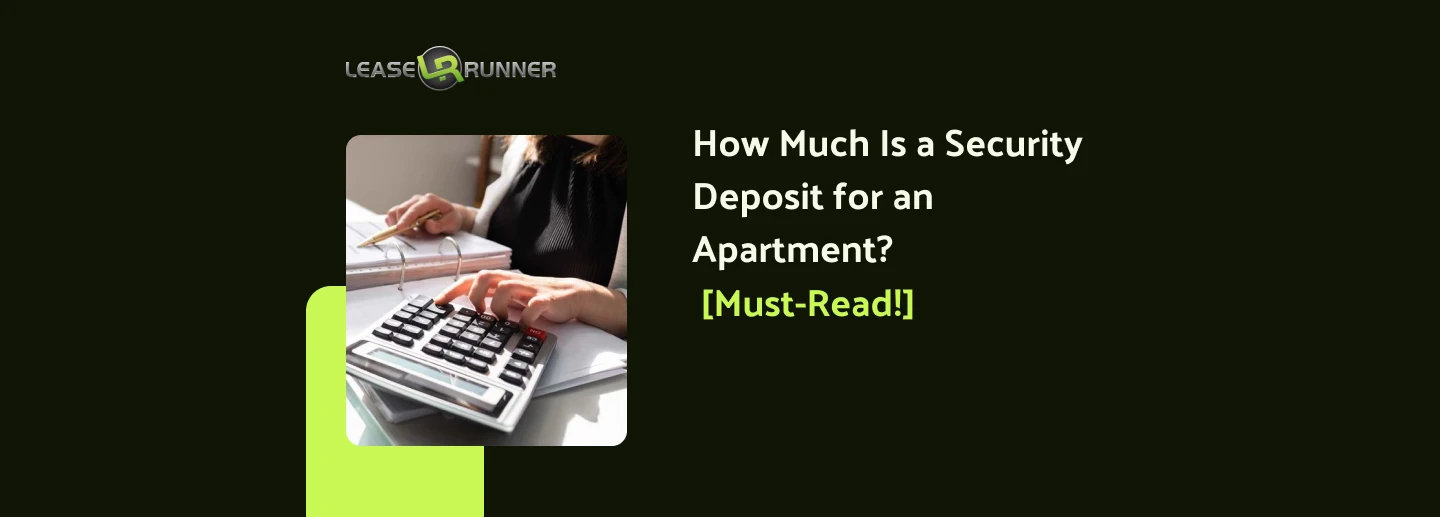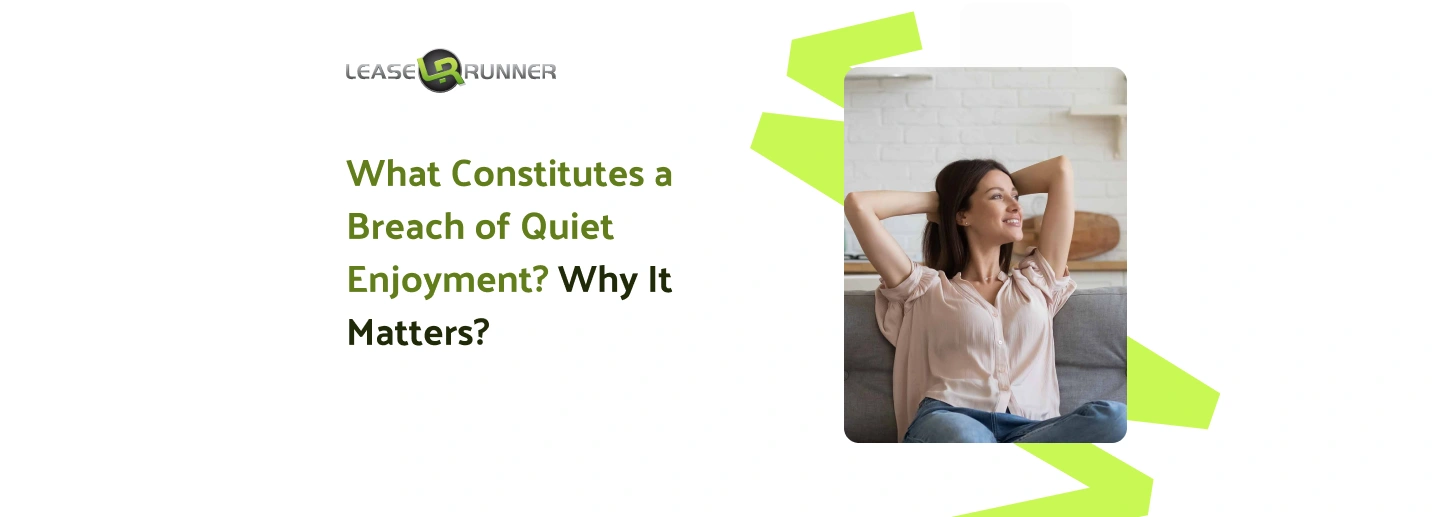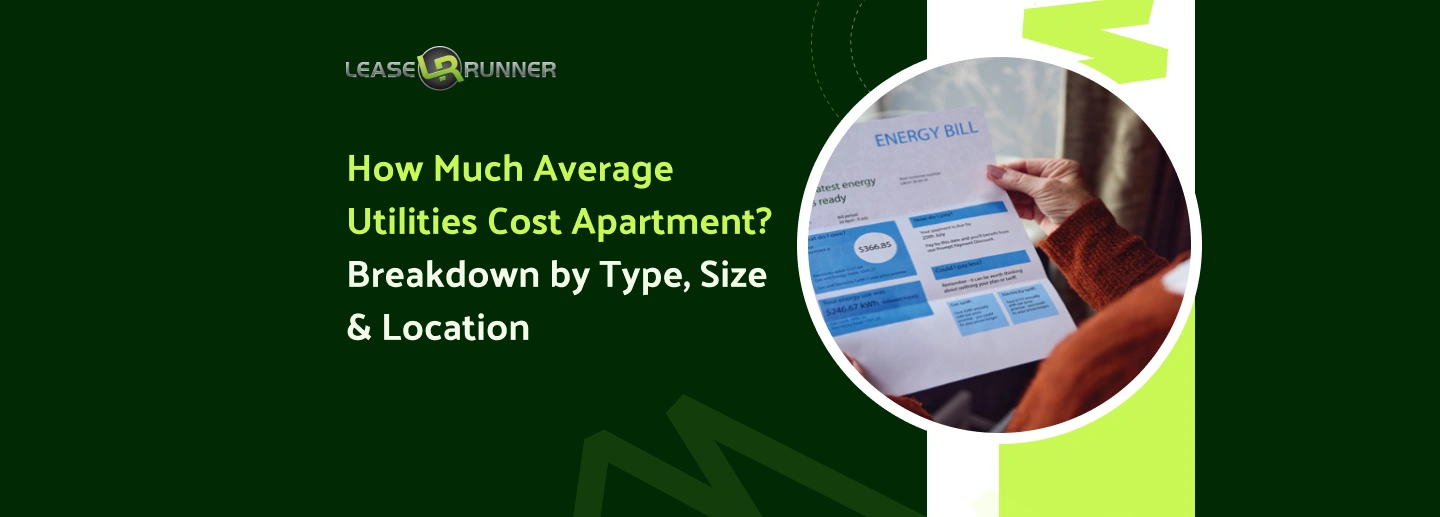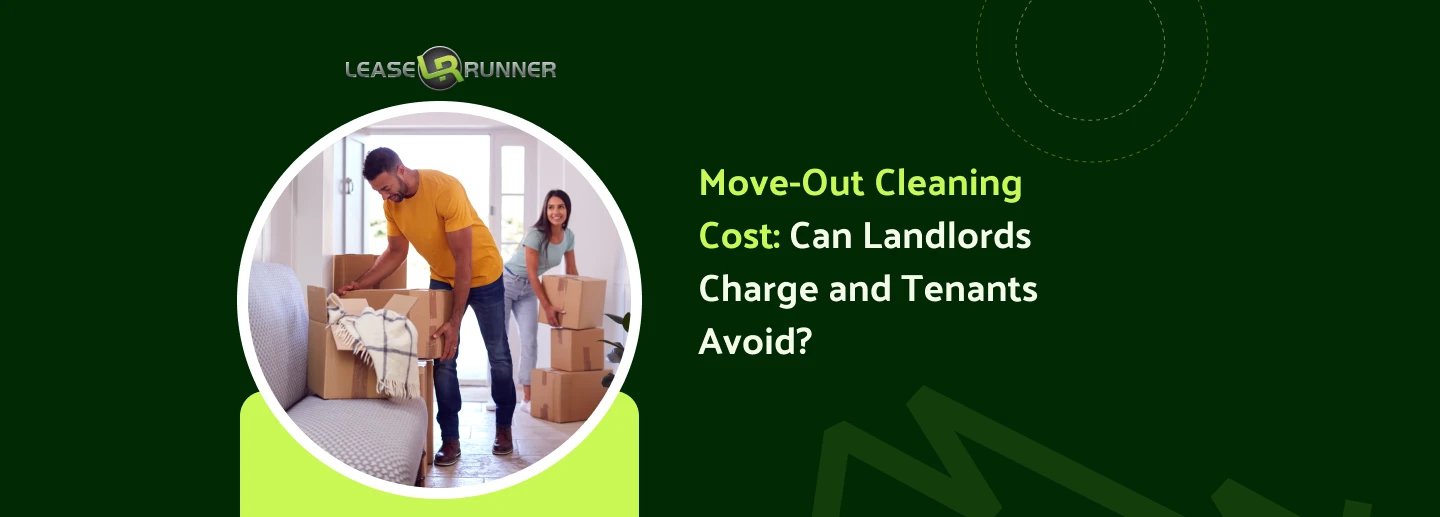How much is a security deposit for an apartment is a question every renter should know the answer to before touring their first unit. From one month’s rent to significantly more, security deposits are not one-size-fits-all. This guide breaks it all down so you know exactly what to expect and how to prepare!
What Is a Security Deposit?
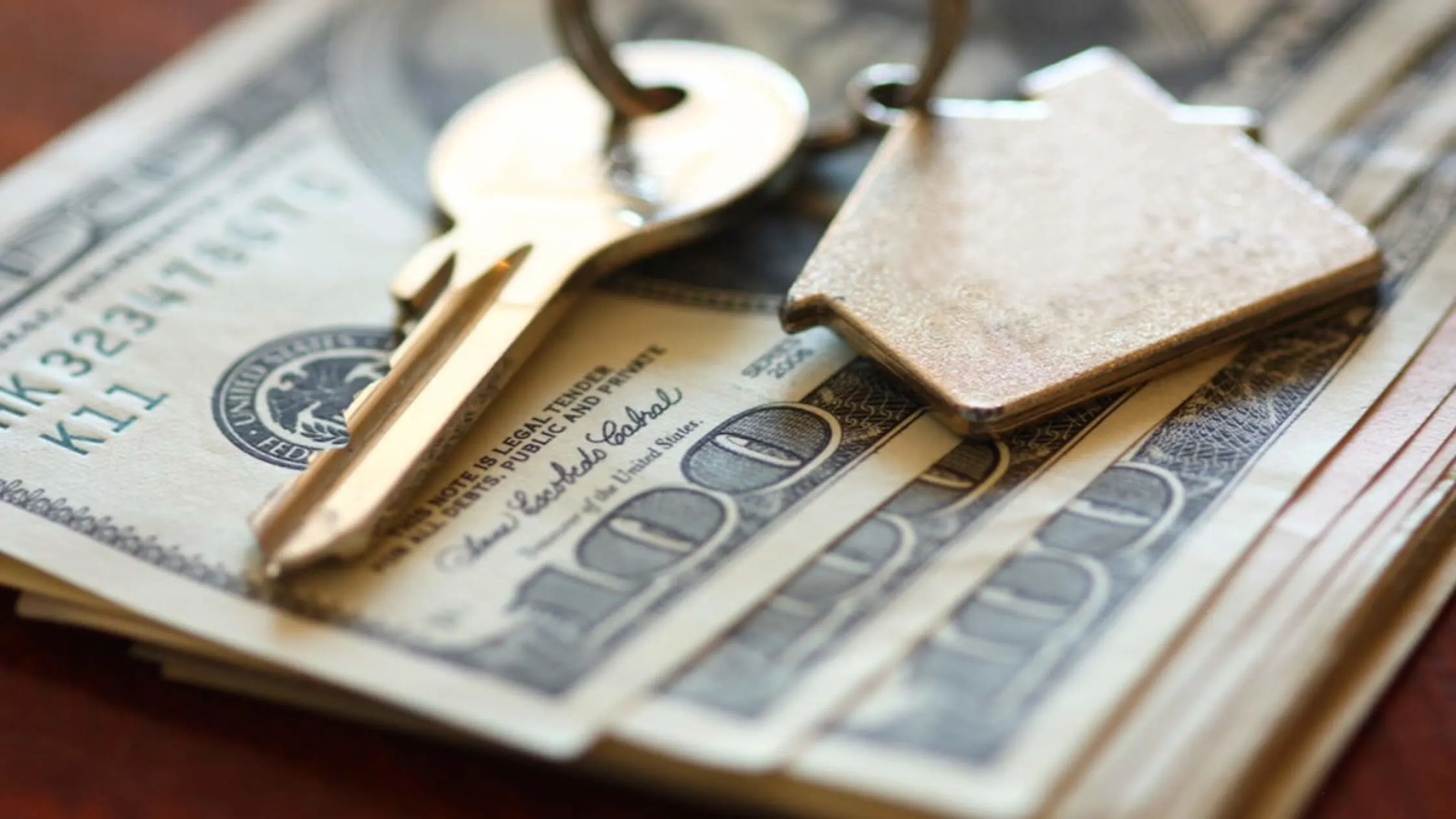
A security deposit is an upfront payment made to a landlord before moving into a rental unit. It acts as financial protection in case the tenant causes damage beyond normal wear and tear or breaks the lease early. While it’s refundable, getting the full amount back depends on the property's condition when you move out. Landlords often use it to cover unpaid rent, repairs, or cleaning costs if necessary.
How Much Is the Average Security Deposit for an Apartment?

How much is a security deposit for an apartment? On average, renters can expect to pay between one and two months’ rent. In most cases, it’s equivalent to one full month’s rent, but some landlords may ask for more depending on your credit score, rental history, or whether you have pets.
Deposits can be significantly higher in competitive rental markets or high-end units, sometimes reaching up to three months' rent.
Standard & State-Specific Deposit Amounts
While many states cap the maximum deposit amount, the limits vary:
- California: Up to two months' rent for unfurnished units and three months for furnished ones.
- Maryland: Maximum of two months’ rent.
- New York: Security deposits are limited to one month’s rent for most residential leases.
Some cities, like West Hollywood, have additional rent-stabilization laws that govern how deposits must be handled.
Factors That Influence Deposit Amounts
Several factors can affect how much a landlord asks for a security deposit:
- Rental history: Tenants with poor references or prior evictions may be asked for a higher deposit.
- Credit score: Low credit scores can signal risk, prompting landlords to ask for more money upfront.
- Pets: Many rentals require additional deposits or fees for pet owners.
- Furnished vs. unfurnished units: Furnished apartments often come with higher deposit requirements due to the added value and risk.
- Local laws: State or city regulations may set limits on what a landlord can legally charge.
Does Section 8 Require a Security Deposit? How Much Is It?
Yes, Section 8 housing can still require a security deposit!
While the Housing Choice Voucher Program helps cover a portion of your rent, tenants are responsible for the full amount of the deposit.
So, how much is a security deposit for an apartment under Section 8?
The amount varies by landlord but is typically aligned with market standards, often one month’s rent. Landlords cannot charge more than what’s legally allowed in their state or municipality, but they are not required to waive the deposit just because the tenant receives assistance.
When Are Security Deposits Due and When Are They Refunded?
Security deposits are typically due at the time of lease signing, before you get the keys to your new place. In most cases, landlords won’t consider your application as completed until the deposit has been paid in full, along with any initial rent or fees. It’s part of what officially secures the unit for you.
As for getting it back? That part depends on your lease terms and how you leave the apartment. Most states require landlords to return the deposit within a specific timeframe, commonly 21 to 30 days after move-out. The landlord must also provide an itemized list of deductions if any money is withheld for repairs or cleaning.
Tips: Do a thorough walk-through with your landlord before moving out, take time stamped photos, and get any communication in writing. It'll make reclaiming your deposit a whole lot easier.
Rent Stabilization Ordinance vs. Security Deposits
Rent stabilization ordinances are designed to protect tenants from rapid rent increases and unjust evictions, but they don’t usually eliminate the need for a security deposit. What they do affect, however, is how that deposit is handled over time.
Take West Hollywood, for example. The city’s rent stabilization laws require landlords to place security deposits in separate interest-bearing accounts. It belongs to the tenant, and the landlord must either return it annually or deduct it from rent. The ordinance also limits how landlords can use the deposit and outlines strict rules for returning it after move-out.
So while rent stabilization ordinance fee and security deposits are different animals, they often intersect in important ways that benefit long-term tenants.
Pros and Cons of Charging a High Security Deposit
Now, let’s find out some pros and cons!
For landlords
Pros:
- Greater financial cushion: A higher deposit reduces risk, especially with new tenants or those with weaker credit.
- Coverage for potential damage: If the tenant causes significant wear and tear or breaks the lease, there’s more money to cover losses.
- Discourages negligent behavior: Tenants may be more likely to treat the unit responsibly when they have more money on the line.
Cons:
- Limits your tenant pool: Not everyone can afford to pay first month’s rent and two months' deposit up front.
- Could violate local laws: Some states and cities cap deposit amounts, so overcharging could lead to legal trouble.
- Can create tension: Tenants may feel they’re being unfairly charged or treated with suspicion from the start.
For tenants
Pros:
- Can signal a more premium property: In some markets, higher deposits are tied to better units or locations.
- May reduce ongoing fees: Some landlords with high deposits skip monthly pet rent or admin fees.
Cons:
- Large upfront cost: Coming up with thousands of dollars just to move in can be a huge barrier, especially for low-income renters.
- Money tied up: That deposit sits in someone else’s account, not yours. Even if refundable, it’s money you can’t use until you move out.
- Risk of unfair deductions: Without proper documentation, some tenants find their deposits partially—or entirely—kept for questionable reasons.
Background Screening: How Does It Affect Security Deposits?

Landlords use background checks to gauge risk, and the outcome of that screening often influences how much a tenant is asked to pay for a security deposit.
If a tenant has excellent credit, a steady job, and a clean rental history, landlords are more likely to stick with the standard one-month deposit. But red flags (like missed payments, frequent address changes, or gaps in employment), can lead landlords to increase the deposit for added financial protection.
Some landlords might even ask for the maximum allowed by law based on these risk factors. While it’s legal in many cases, it must still fall within local and state guidelines. And it’s important to note: higher deposits can’t be used as a workaround for illegal discrimination. Screening must be applied fairly and consistently to all applicants.
How to Handle Security Deposits Legally?
Handling security deposits legally includes collecting, storing, documenting, deducting, and returning funds in accordance with your jurisdiction's rules.
At minimum, landlords must:
- Disclose the amount collected and terms in the lease.
- Store the deposit in a separate account (often required in specific cities/states).
- Return the deposit—or a partial amount—with a detailed deduction statement within the required timeline.
- Pay interest in some cities with rent stabilization ordinances.
Don’t be afraid to request receipts, documentation, or an itemized breakdown if something seems off!
State-Specific Regulations
Security deposit laws vary wildly by state, and what’s legal in one place could be a violation in another. Here are a few examples:
- California: Maximum of 2 months’ rent (unfurnished) or 3 months (furnished); must return deposit within 21 days.
- Texas: No state-set maximum, but the deposit must be returned within 30 days.
- New York: One month’s rent maximum (thanks to rent reform laws); deposit must be returned within 14 days.
Common Mistakes Landlords Should Avoid
Even experienced landlords can make mistakes with security deposits. One common error is not providing an itemized deduction list when returning the deposit, which is a legal requirement in most states. Failing to do so could result in losing the right to keep any part of the deposit.
Another issue is the mixing of security deposits with personal funds, known as commingling. Most areas require these funds to be kept in separate, interest-bearing accounts to comply with regulations and protect tenants.
One last point is that vague lease terms can lead to disputes at the end of a tenancy. Being specific about what is covered by the security deposit reduces misunderstandings and helps set clear expectations for both landlords and tenants.
Summary
To sum up, how much is a security deposit for an apartment? It varies by state, landlord policy, and tenant background. In this must-read guide, we’ve covered everything from average amounts to legal handling, Section 8 considerations, and what to avoid. For more guidance like this one, make sure to stay tuned in the LeaseRunner blog.
FAQs
Q1. Does California Charge Interest on Security Deposits?
Not statewide, but some California cities do. For example, San Francisco, Los Angeles, and West Hollywood mandate that landlords pay tenants annual California interest on security deposits. The interest rate is usually set by the city and may be adjusted yearly.
Q2. What Is Security Deposit Interest?
Security deposit interest is the amount of money a tenant earns on their deposit while it's being held by the landlord, if required by local law. In areas where this is mandated, landlords must store the deposit in an interest-bearing account and either return the earned interest at the end of the lease or on a yearly basis.
